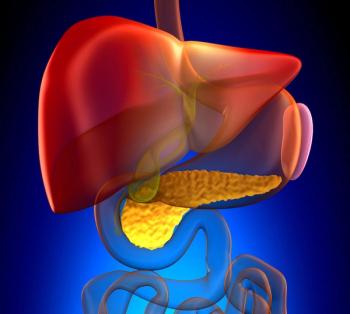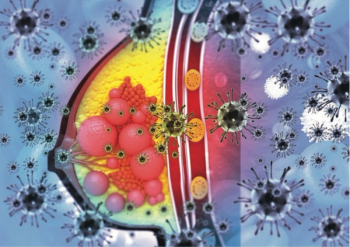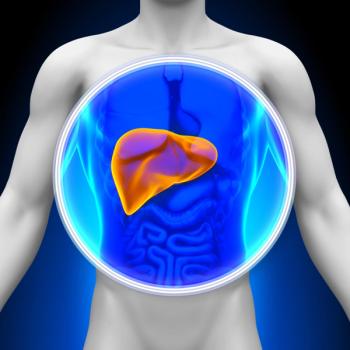
Complete responses were observed in a small cohort of patients with DLBCL who have previously received autologous CAR T-cell therapy.

Your AI-Trained Oncology Knowledge Connection!


Complete responses were observed in a small cohort of patients with DLBCL who have previously received autologous CAR T-cell therapy.

ESMO 2024 saw a wide range of potentially practice-changing data across multiple oncology disciplines such as the breast cancer and lung cancer fields.

Deep and durable responses were observed with lenvatinib plus pembrolizumab in patients with stage III/IV recurrent endometrial carcinoma.

DFS was improved with 1-year trastuzumab in patients with ERBB2-positive breast cancer enrolled in the SOLD trial.

Data from the KEYNOTE-483 trial support the FDA approval of the pembrolizumab-based combination in this pleural mesothelioma population.

Treatment with the tremelimumab-based combination also yielded no new serious treatment-related adverse effects in the HIMALAYA study.

Results from the NATALEE trial of ribociclib/NSAI vs NSAI alone support the approval for patients with HR-positive, HER2-negative early breast cancer.

HERTHENA-Lung02 investigators will present further data from the trial at a future medical meeting.

Phase 2 data also show responses with atezolizumab switch therapy in a population of patients with BRAF V600–positive melanoma.

Data from the SunRISe-4 trial demonstrate the benefit of adding TAR-200 to checkpoint inhibition among patients with muscle-invasive bladder cancer.

NO-CUT trial data show that DRFS was maintained when non-operative management was used in patients with pMMR locally advanced rectal cancer.

Data from NATALEE continue to support the addition of ribociclib to adjuvant nonsteroidal aromatase inhibitors in HR-positive, HER2-negative breast cancer.

Follow-up data show breastfeeding to be feasible among patients with hormone receptor–positive breast cancer during an endocrine therapy break.

Data from CCTG HE1 also show a numerical improvement an in overall survival with added radiotherapy over best supportive care alone.

Georgios Evangelou, MD, MSc, speaks to the potential utility of neoadjuvant capecitabine/temozolomide in well-differentiated atypical carcinoids.

Thomas Powles, MBBS, MRCP, MD, presented results from the NIAGRA trial assessing perioperative durvalumab in patients with cisplatin-eligible MIBC.

QOL data from DESTINY-Breast06 support T-DXd as a new therapeutic option in previously treated HER2-low and HER2-ultralow metastatic breast cancer.

A median EFS of 40.1 months was noted in patients resectable NSCLC given perioperative nivolumab vs placebo.

In patients with early breast cancer, hypofractionated radiation was noninferior to normofractionated radiation regarding lymphedema risk.

Subgroup analysis in a phase 3 trial show OS benefits with the ramucirumab-based regimen in female patients and those with left-sided tumors.

A pembrolizumab regimen for patients with early-stage triple-negative breast cancer yielded improved overall survival.

The addition of pembrolizumab to chemotherapy with or without radiation did not improve DFS across the intent-to-treat population of KEYNOTE-B21.

Superior efficacy outcomes were noted when adagrasib was used to treat patients with KRAS G12C NSCLC and among those with brain metastases.

Significant survival benefits were observed with Radium-223 plus enzalutamide in patients with metastatic castration-resistant prostate cancer.

The primary end point of progression-free survival was met with retifanlimab to carboplatin and paclitaxel in patients with metastatic SCAC.

The safety profile of nivolumab/relatlimab/chemotherapy in RELATIVITY-104 was comparable with prior reports of each individual agent.

Pembrolizumab combination improved efficacy outcomes vs chemoradiotherapy alone in patients with advanced cervical cancer.

Neoadjuvant endocrine therapy or paclitaxel with trastuzumab/pertuzumab elicited significant survival in HR-positive, HER2-positive early breast cancer.

High TILs may predict who may have a reduced risk for disease relapse or death in patients with early HER2-positive breast cancer treated with trastuzumab.

Amivantamab plus chemotherapy also improved time to symptomatic progression among patients enrolled on the MARIPOSA-2 trial.